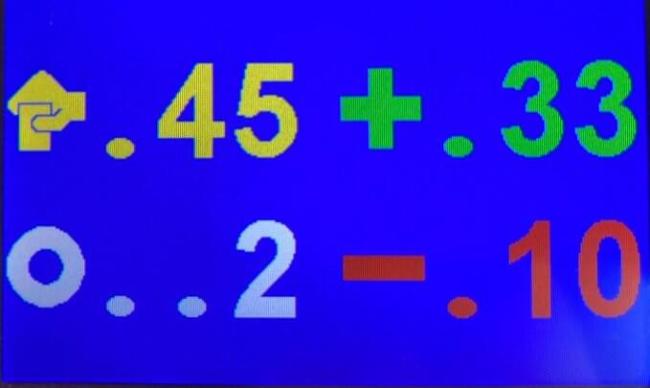
Today, the European Parliament’s Internal Market and Consumer Protection (IMCO) Committee adopted its position on the proposal for a Late Payment Regulation.
The IMCO Committee’s vote comes after the European Commission presented, last September, a proposal for a Regulation to combat late payment in commercial transactions. The Regulation seeks to replace the current Directive by, among other changes, imposing a payment cap of 30 days between most Business-to-Business (B2B) transactions.
While inspired by valid objectives, EIBF has firmly opposed the European Commission’s proposal to introduce a strict and inflexible payment cap for all businesses. The proposed one-size-fits-all approach targets a problem simply not present in the book value chain, which would instead generate huge and unjustified disruption to the entire European bookselling and publishing sectors.
The report adopted today by the IMCO Committee improves the Commission’s proposal, as it allows for businesses working with slow-moving and seasonal goods to benefit from an extended payment term of up to 120 days. While we are thankful for the efforts made to grant further payment flexibility to sectors such as ours, the European bookselling sector still insists that any restrictive payment caps would create significant problems and threaten the core functioning of the entire European book value chain. We are, therefore, still firmly against the imposition of fixed payment caps and reiterate the need to reintroduce the notion of contractual freedom if expressly agreed by the relevant parties.
We are also concerned by the report’s proposed definition of ‘slow-moving goods’, which is simply too ambiguous, hard to measure in practice and could potentially exclude a significant part of non-book products sold in bookshops, leading to serious administrative burden and additional red tape for SME bookshops.
Following the vote, EIBF Co-President Fabian Paagman says “We are disappointed by the IMCO Committee’s failure to recognise contractual freedom in today’s vote on the Late Payment Regulation. While we expect to fall under the category of businesses working with ‘slow-moving goods’, we are concerned by how they are defined in the report. It is imperative that businesses can agree on their own payment terms if they mutually agree to do so, as they already do in the book sector”.
Ahead of the expected plenary vote in April, we urge Members of the European Parliament to reintroduce the crucial notion of contractual freedom into the final text and to improve the definition of slow-moving goods. This is essential for the viability of the European book sector. The future of thousands of bookshops depends on it.
For further information, please contact:
EIBF Policy Advisor, Daniel Maritn Brennan (daniel.martinbrennan@europeanbooksellers.eu)
| Attachment | Size |
|---|---|
| 20240320 EIBF LPR Press Release.pdf | 118.5 KB |
